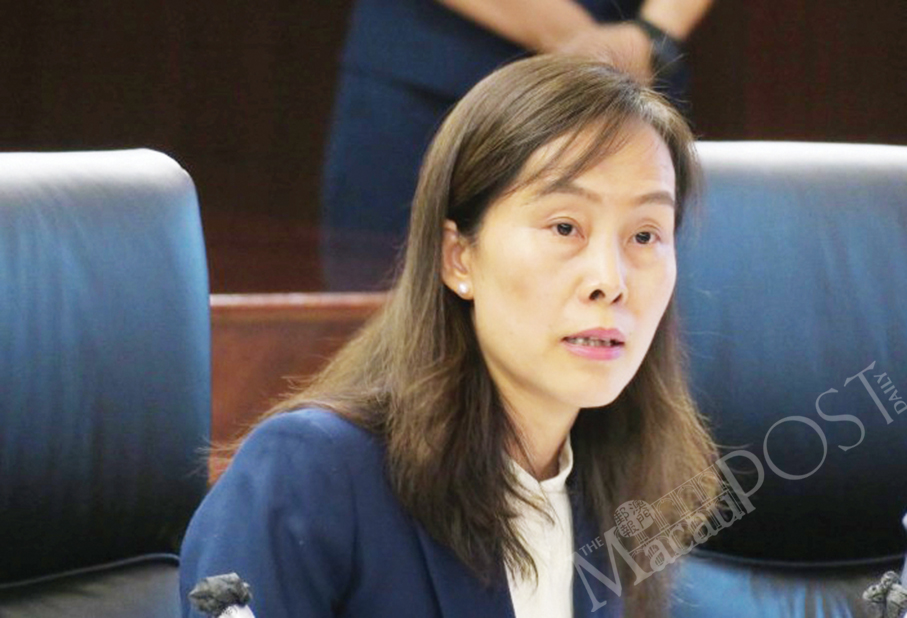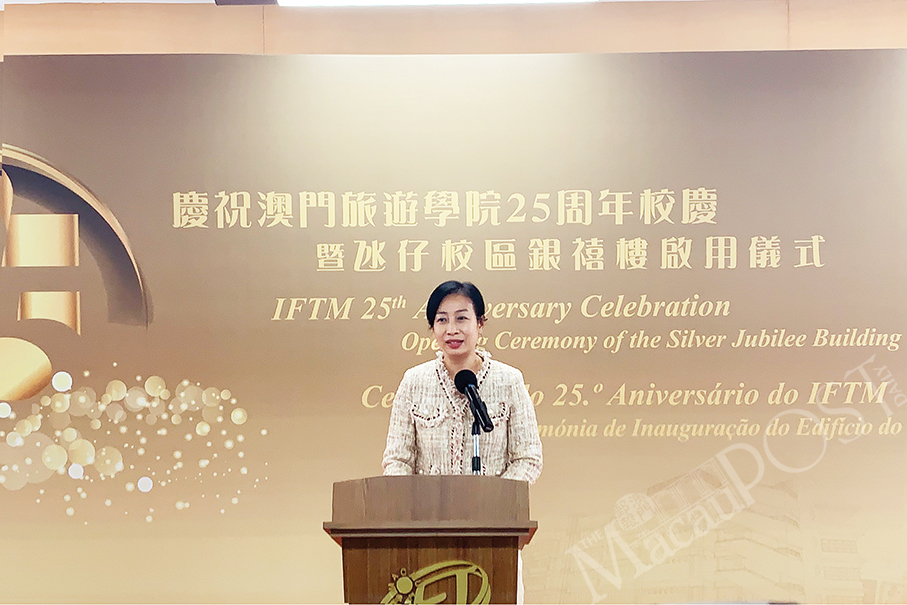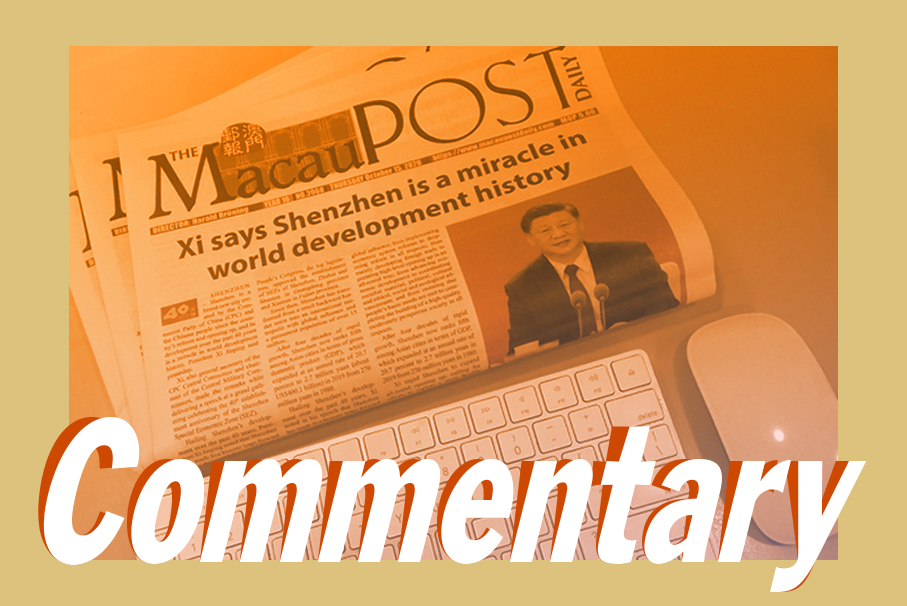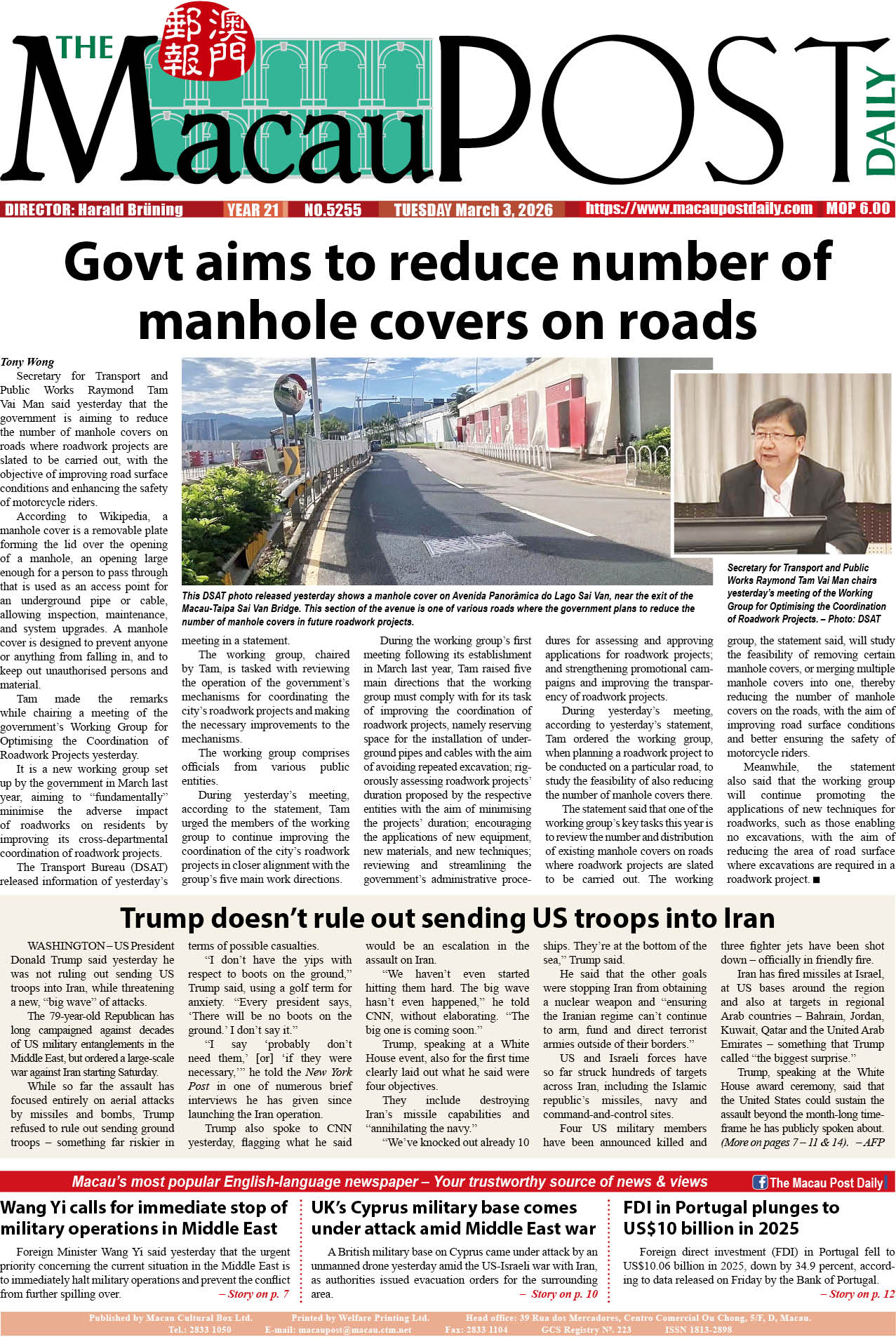The Legislative Assembly (AL) yesterday passed the outline of a government-initiated bill in its first reading to amend the Tobacco Prevention and Control Law.
The bill proposes to ban the import and export of e-cigarettes, in addition to the current ban on their sale in the city.
Secretary for Social Affairs and Culture Elsie Ao Ieong introduced the bill during a plenary session in the legislature’s hemicycle yesterday afternoon.
While the current version of the Tobacco Prevention and Control Law, which has been in force since January 2018, bans the sale of e-cigarettes in Macau, it does not ban their import and export.
The amendment bill passed yesterday proposes banning the manufacture, distribution, sale, import and export of e-cigarettes.
Ao Ieong noted that according to the amendment bill, travellers will also be barred from bringing e-cigarettes into and taking them out of Macau.
Ao Ieong underlined that the percentage of the population aged 15 or over smoking traditional tobacco gradually dropped to 10.7 percent in 2019 from 16.6 percent before the Tobacco Prevention and Control Law took effect in January 2012.
Ao Ieong noted that while the percentage of teenagers aged between 13 and 15 smoking traditional tobacco cigarettes was 2.1 percent last year, the percentage of them using e-cigarettes increased from 2.6 percent in 2015 to four percent last year. This, she said, indicates the growing popularity of e-cigarettes among young people.
During the debate in the legislature’s hemicycle, directly-elected legislator Leong Sun Iok suggested that the government ban smoking while driving.
Indirectly-elected lawmaker Ip Sio Kai argued that e-cigarettes are more harmful than traditional tobacco cigarettes and questioned why the government doesn’t ban all kinds of cigarettes.
Lawmaker-cum-current-affairs-commentator Lam U Tou said he believed that blocking the import of electronic cigarettes at source was the core of tobacco prevention and control.
E-cigarettes are considered tobacco products because most of them contain nicotine, which comes from tobacco.
Indirectly-elected lawmaker-cum-businessman Wang Sai Man questioned the government’s definition of e-cigarettes, and pointed out that the ingredients of the e-liquid in the e-cigarettes should also be regulated.
Ao Ieong said that the government understood that some users may still have some e-cigarettes “in stock “. However, Ao Ieong said that after the bill is passed, e-cigarette users are expected to quit smoking as e-cigarettes will no longer be available on the market in Macau.
Ao Ieong noted that e-cigarettes seemed to be more “trendy” and therefore appeal to young teenagers, especially to young girls, who use e-cigarettes at a higher rate than young boys.
Ao Ieong said that drugs or other harmful substances could be added to the e-liquid, which would make them even more harmful to health, which is why the government is proposing to ban the e-cigarettes.
Ao Ieong also said that the government aims to gradually reduce the smoking rate in Macau and will cooperate with the Judiciary Police (PJ) and the Custom Service to strengthen the control of the import and export of e-cigarettes.
The bill will now be passed to one of the legislature’s standing committee for its detailed review, after which the lawmakers will vote article-by-article on the revised bill in its second reading in a plenary session.
After lawmakers pass it, the bill will become law following its promulgation in the Official Gazette (BO).

Secretary for Social Affairs and Culture Elsie Ao Ieong U responds to lawmakers’ questions during yesterday’s plenary session in the legislature’s hemicycle.
Photo courtesy of TDM








